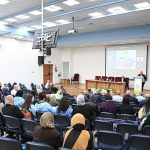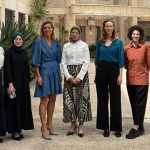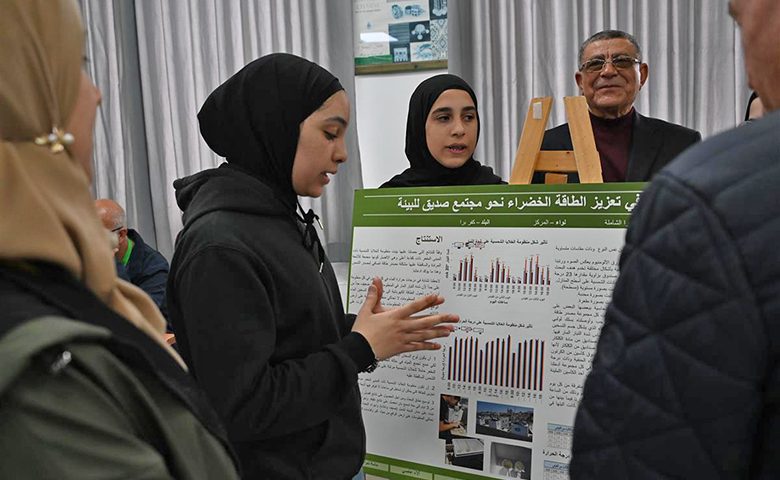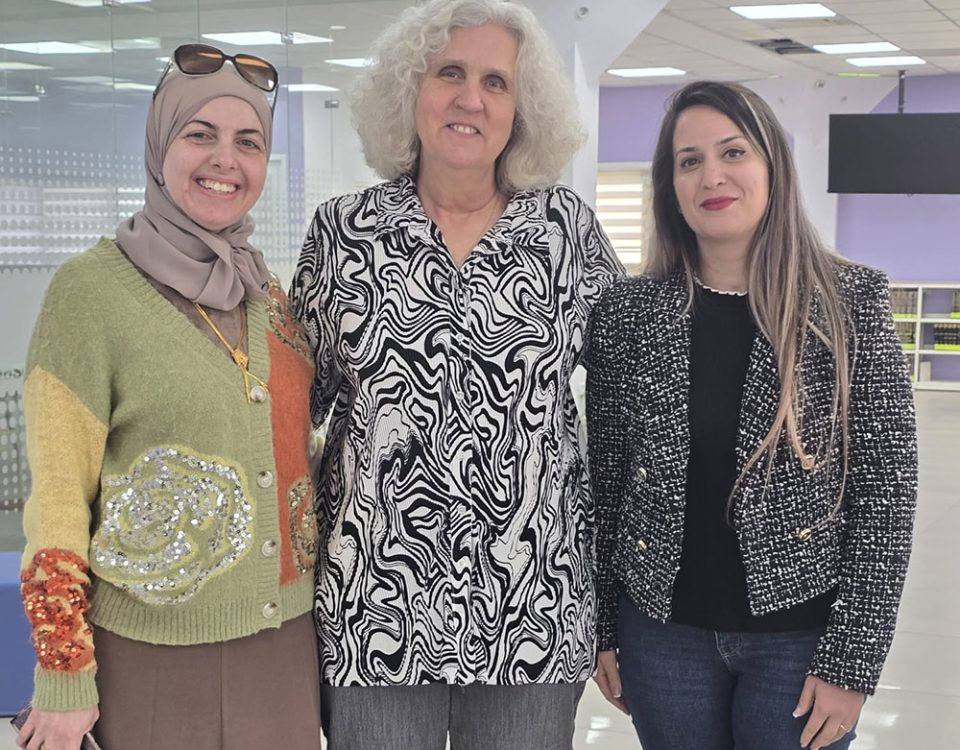
The Climate Change Crisis: Public Awareness and Policy – Session Summary
January 29, 2024
Strengthening Academic Bonds: The Netherlands- Al-Qasemi Academic College
May 1, 2024The third day of the conference (14.03.2023) included an afternoon workshop session titled “The Climate Change Crisis and Education.” This workshop brought together academic researchers in the field of education and other education practitioners to discuss ideas and strategies to develop education curricula and equip teachers with new teaching methods that address and work to tackle the climate change crisis.
Dr Abeer Watad – Vice President of the Programs and Projects Development Department at Al-Qasemi Academy – chaired and facilitated the session. This session’s workshop comprised eight different lectures, the first of which was presented by Professor Tali Tal – Dean of the Faculty of Science and Technology at the Technion Institute of Applied Sciences. Professor Tal’s lecture, titled “The Challenge of Teaching about Climate Change in Israel and the Systematic Efforts to Face It,” described a volunteer project of scientists recruited by the Ministry of Education to develop the educational curricula, especially teacher education curricula, in a way that tackles the climate change crisis. Professor Tal further asserted that after the project had ended, the Ministry of Education announced that teaching about climate change will become compulsory starting from the academic year 2022/2023.
The second lecture was given by Dr Gilimour Keshet Miur – Director of the Department of Science and Mathematics at the Ministry of Education. Dr Keshet Miur’s lecture, titled “Climate Change: Education and Practices,” centered around the goals and implementation strategies of the Ministry of Education and its efforts to build partnerships across higher education institutions, civil society organizations, and government bodies.
The third lecture, titled “The Culture of Climate Change in a Traditional Agricultural Arab Society,” was delivered by Professor Shafi Jamal – Inspector of Science and Technology at the Ministry of Education. In this lecture, Professor Jamal expanded on the developments that are employed in the field of agriculture to reduce resource consumption and lessen the repercussions of the climate change crisis.
This was followed by the fourth lecture, titled “Developing Professional Education for Sustainable Development,” which was presented by Professor Franz Roch – lecturer at the Institute of Education and School Development at Alpine Adria University, Austria. In this lecture, Professor Roch spoke about the partnership experience between the University of Clagfurt and teacher training institutes to develop an educational course for teacher education programs aiming at introducing them to sustainable development issues.
The fifth lecture was delivered by Professor Ibrahim Delin – lecturer in the Department of Educational Sciences at Usak University, Turkey, who dealt with the creation of applications designed to support sustainability in teacher education programs and discussed contemporary research on the integration of design into scientific research, especially the one focusing on sustainability and climate change.
The sixth lecture, titled “Comparing Climate Change Education in Turkish Environmental Curriculum 2015-2022,” was presented by Professor Fatma Ozdguru – lecturer in the Department of Educational Sciences, Faculty of Education at Usak University, Turkey. In this lecture, Professor Ozdguru compared the objectives, content, learning and teaching processes, and evaluation criteria in Turkey’s climate change education curricula.
This was followed by Professor Muhammad Hujairat – lecturer at the Arab Academic College of Education in Haifa – who presented the seventh lecture in which he touched on the topic of employing social media as a way to increase science teachers’ awareness of contemporary climate change issues and help them find new teaching/learning methods that are not only more-tailored towards teaching about sustainability but would also improve student-teacher interactions.
Lastly, Dr Awni Masarwah – lecturer and head of the Islamic Studies Department at Al-Qasemi Academy – gave the eighth and final lecture in this workshop session. Dr Masarwah closed the workshop session by shifting the attention to how environmental awareness is included in Islamic education curricula in Arab secondary schools in Israel, further elaborating on how the concept of sustainability and environmental preservation is already considered one of the main pillars of Islamic Sharia.
It is worth noting here that the workshop involved several local and international participants whose collaboration is a positive indicator of creative idea exchange and the building of partnerships that aim to develop educational programs more tailored to address ways of adapting to the climate change crisis. Finally, in this afternoon workshop session, school students who participated in the “Posters for Climate Change” competition were honored, and the guests praised their creativity in preparing models and posters that effectively explain ways of adapting to the climate change crisis in both Arabic and English.


